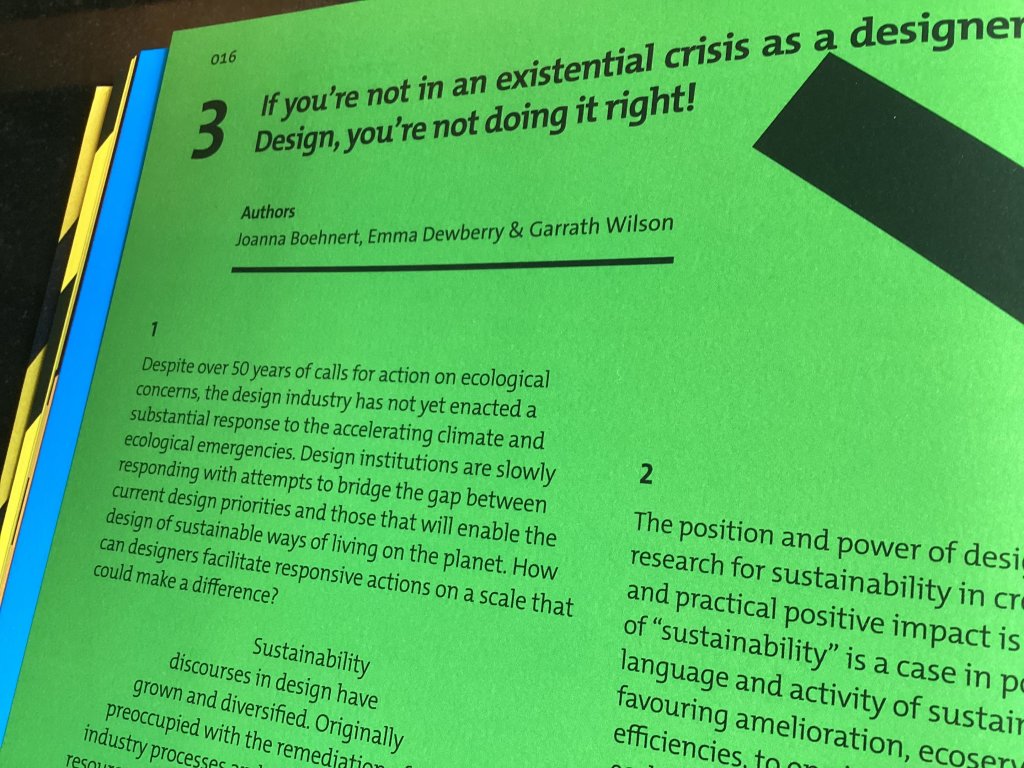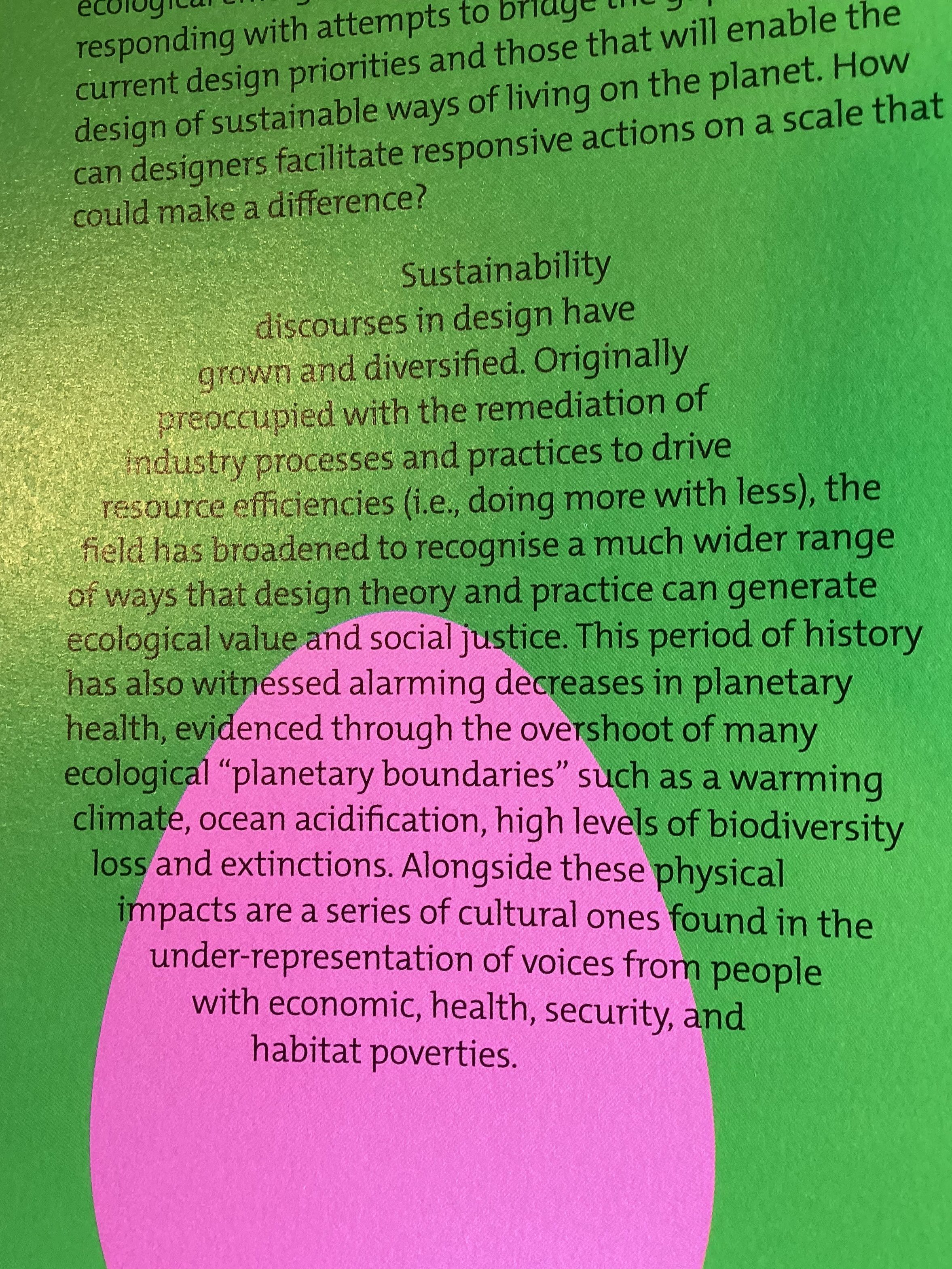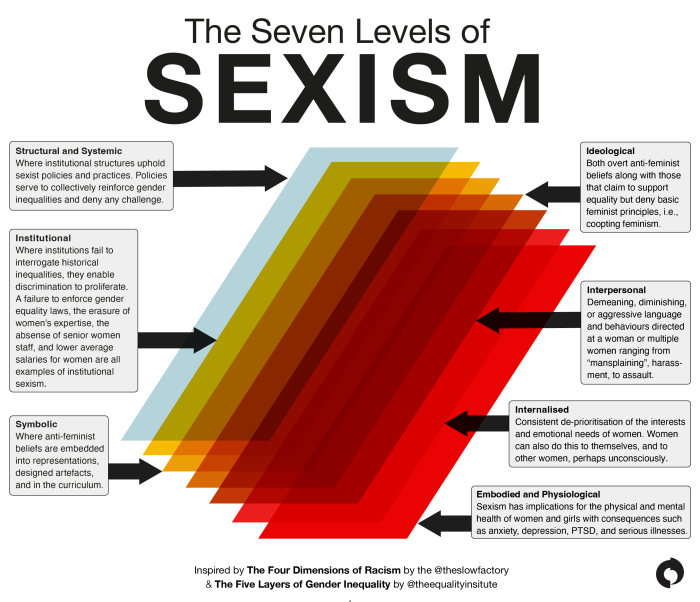Our Design Research Society Sustainability Special Interest Group text was just published in Brand Magazine. This is what we wrote.

1/
Despite over 50 years of calls for action on ecological concerns, the design industry has not yet enacted a substantial response to the accelerating climate and ecological emergencies. Design institutions are slowly responding with attempts to bridge the gap between current design priorities and those that will enable the design of sustainable ways of living on the planet. How can designers facilitate responsive actions on a scale that could make a difference?
Sustainability discourses in design have grown and diversified. Originally preoccupied with the remediation of industry processes and practices to drive resource efficiencies (i.e., doing more with less), the field has broadened to recognise a much wider range of ways that design theory and practice can generate ecological value and social justice. This period of history has also witnessed alarming decreases in planetary health, evidenced through the overshoot of many ecological ‘planetary boundaries’ such as a warming climate, ocean acidification, high levels of biodiversity loss and extinctions. Alongside these physical impacts are a series of cultural ones found in the under-representation of voices from people with economic, health, security, and habitat poverties.

2/
The position and power of design education and design research for sustainability in creating both strategic and practical positive impact is fractured. The definition of ‘sustainability’ is a case in point. Shifting the language and activity of sustainability from responses favouring amelioration, ecoservice logics and resource efficiencies, to one instead revealed through critical ecological and social value, proves challenging.
Misappropriation of the terms ‘sustainability’ and ‘sustainable’ further complicate ways in which new knowledge and understanding can be adequately authenticated against pervasive green-washing, techno-fix reliance and oversimplifications of complex transition imperatives. We now face a critical, ecological turn. The crux of this shift for design research is the need to redefine this discipline space in transitionary times to create the ecological imagination of, and ways for design, as this century progresses.
The distinction between rigorous approaches to sustainable transitions and greenwashing discourses is a battleground in many design institutions. Outdated priorities, ideas and structures need to be challenged. The ways of thinking and doing that led to our current crises are not fit for purpose. Yet ecologically engaged perspectives are still poorly understood by many.
Continue reading